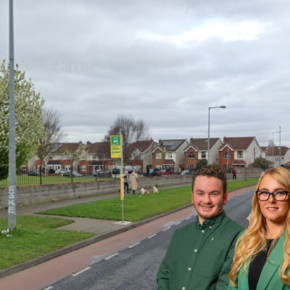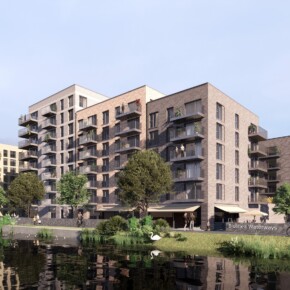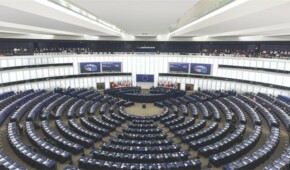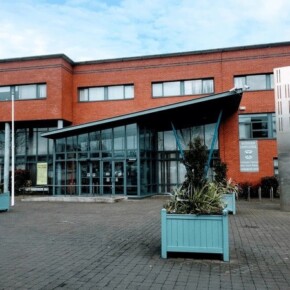Dublin Citizens’ Assembly concludes second meeting
Padraig Conlon 23 May 2022The Dublin Citizens’ Assembly concluded its second meeting yesterday afternoon, following two days of discussion focusing on the role and functions of current mayors in Dublin and the international experience of having a directly elected mayor with contributions from representatives from Greater Manchester, Paris, and Boston.
The Assembly convened at The Grand Hotel Malahide under the Chairmanship of Jim Gavin and comprised 67 randomly selected citizens of Dublin City and County and 12 elected councillors nominated to participate.
![]()
![]()
![]()
![]()
The mayors unanimously expressed their support both for the introduction of a directly elected mayor for Dublin and for the Assembly’s work in making recommendations to the Houses of the Oireachtas on how that office should function.
The meeting also included virtual presentations and a panel discussion with representatives from other international cities where a directly elected mayor is in place.
The Mayor of Greater Manchester, Andy Burnham, told the Assembly that his role allows him to be a powerful and influential advocate for regional development.
He outlined the improvements to public policy that have arisen from having a directly elected mayor and strongly welcomed Dublin’s journey towards introducing this role.
The Vice-Mayor of Paris, Ms Anouche Toranian, spoke about the wide range of services that operate under the office of the Mayor of Paris and the extent of public engagement and input there is in the way the city functions and is governed.
Former member of Boston City Council, Larry DiCara, said he encouraged wide discussions on the type of local government that works best for Dublin.
He said that the lessons from Boston and Massachusetts are that different systems work best for different cities depending on their needs.
Speaking about the meeting, the Chair of the Dublin Assembly, Jim Gavin, said “Having concentrated on an overview of the current governance structures for Dublin during our first meeting, this weekend members of the Assembly were provided with a significant level of insight into what role our current mayors play and how directly elected mayors operate in other similar cities.
“In doing so together we are deepening our understanding of the extent of the current centralisation of local government in Ireland.
“However, we are also seeing the potential scope of the office of a directly elected mayor and the extent of the powers that may be available to them to the benefit of the city and county of Dublin.
“We are also learning about the many different types of directly elected mayors that exist inrernationally, the range of their executive powers, and the type of leaders that ultimately succeed in the role.
“As one of our speakers told the meeting, the task of the Assembly in making recommendations to the Oireachtas is not an easy job but it is a vitally important one.
“I want to thank all the Assembly members for their ongoing participation in these important meetings, and all of the speakers who are giving their time to help us in this process.”
The Assembly will continue to hold a series of meetings over the coming months and is due to conclude its work later this year before sending its recommendations to the Houses of the Oireachtas.
Members of the public can make submissions to the Citizens’ Assembly on a Directly Elected Mayor for Dublin via www.citizensassembly.ie.












